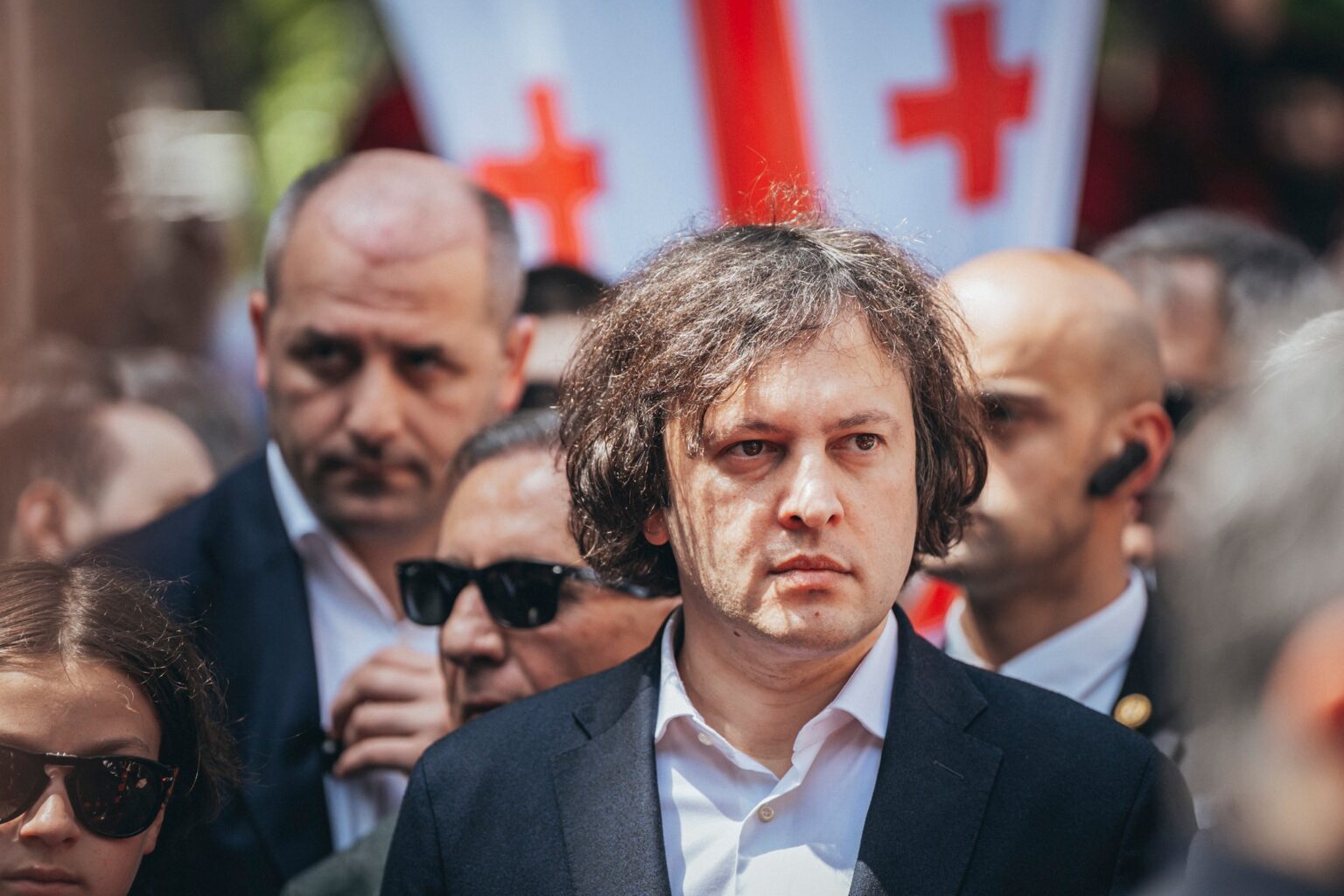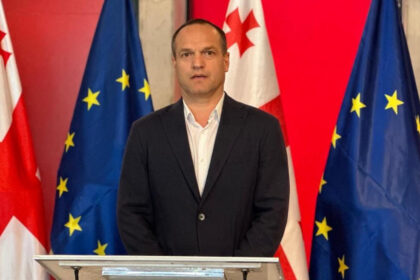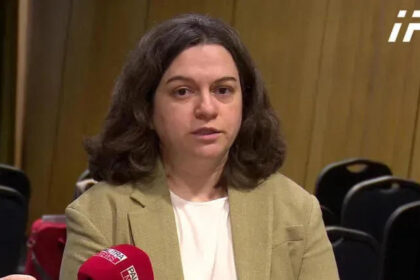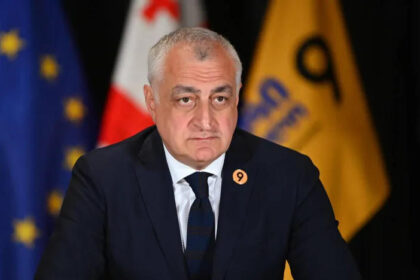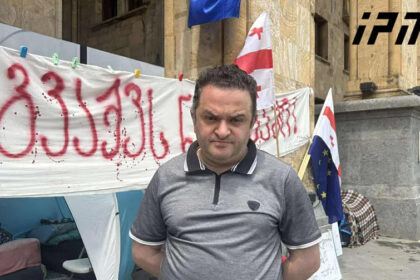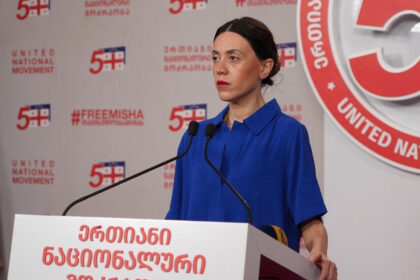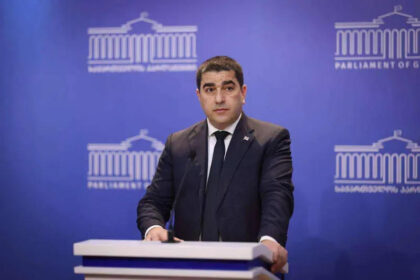**Georgia’s Visa-Free Travel in Jeopardy: Government Prioritizes “Peace and Stability”**
The Georgian Dream government is facing a stern warning from the European Union over its handling of democratic values. Prime Minister Irakli Kobakhidze made it clear that his administration would rather prioritize “peace and stability” than visa-free travel with the EU.
Kobakhidze’s comments came just days after Brussels issued a letter outlining recommendations for Georgia to follow in order to maintain its visa-free travel privilege, which has been in place since 2017. The eight-point list includes demands for the government to uphold fundamental rights and repeal contentious laws, such as the foreign agents law and anti-LGBT legislation.
In response, Kobakhidze dismissed the EU’s concerns as an “ultimatum” and emphasized that Georgia would not compromise on issues deemed essential to its national values. He argued that visa liberalization was not an existential issue, but rather a matter of convenience for Georgian citizens traveling to Europe.
**Defending Controversial Laws**
Kobakhidze also defended the foreign agents law and anti-LGBT legislation as necessary measures to safeguard national values and prevent foreign interference. He claimed that these laws were essential for preventing “revolutionary processes” in Georgia, echoing long-standing conspiracy theories circulated by the ruling party about Western attempts to drag the country into war with Russia.
The Prime Minister’s stance on these issues has been met with skepticism by observers, who point out that visa-free travel has been a key achievement for Georgia, with benefits extending far beyond tourism. A statement from 42 Georgian civil society organizations noted that the full responsibility for possible visa suspension “lies with the Ivanishvili government”.
**A Tense Relationship**
The EU’s warning to Georgia is not the first sign of tension between the two sides. The European Commission has already suspended visa-free travel for diplomatic holders, and Prime Minister Kobakhidze admitted in June that he had used a visa to travel to one of the European countries. While the Georgian government claims that Brussels is using the visa issue as a tool of “pressure” and “blackmail”, observers see this as an attempt to avoid accountability for democratic backsliding.
The EU’s decision on whether to suspend visa-free travel will likely be made by a qualified majority, requiring the consent of at least 15 out of 27 member countries. If the suspension does come into effect, it would be a major blow to Georgia’s international reputation and its economy.
**A Turning Point?**
Kobakhidze’s remarks mark a significant escalation in the rhetoric surrounding visa-free travel with the EU. The Prime Minister’s prioritization of “peace and stability” over democratic values has been met with alarm by observers, who fear that this may be a turning point for Georgia’s relationship with the West.
As Tbilisi prepares to provide an update on its progress by the end of August, it remains to be seen whether the Georgian government will take steps to address EU concerns or continue down a path that prioritizes national values over democratic principles.
Read More @ civil.ge




